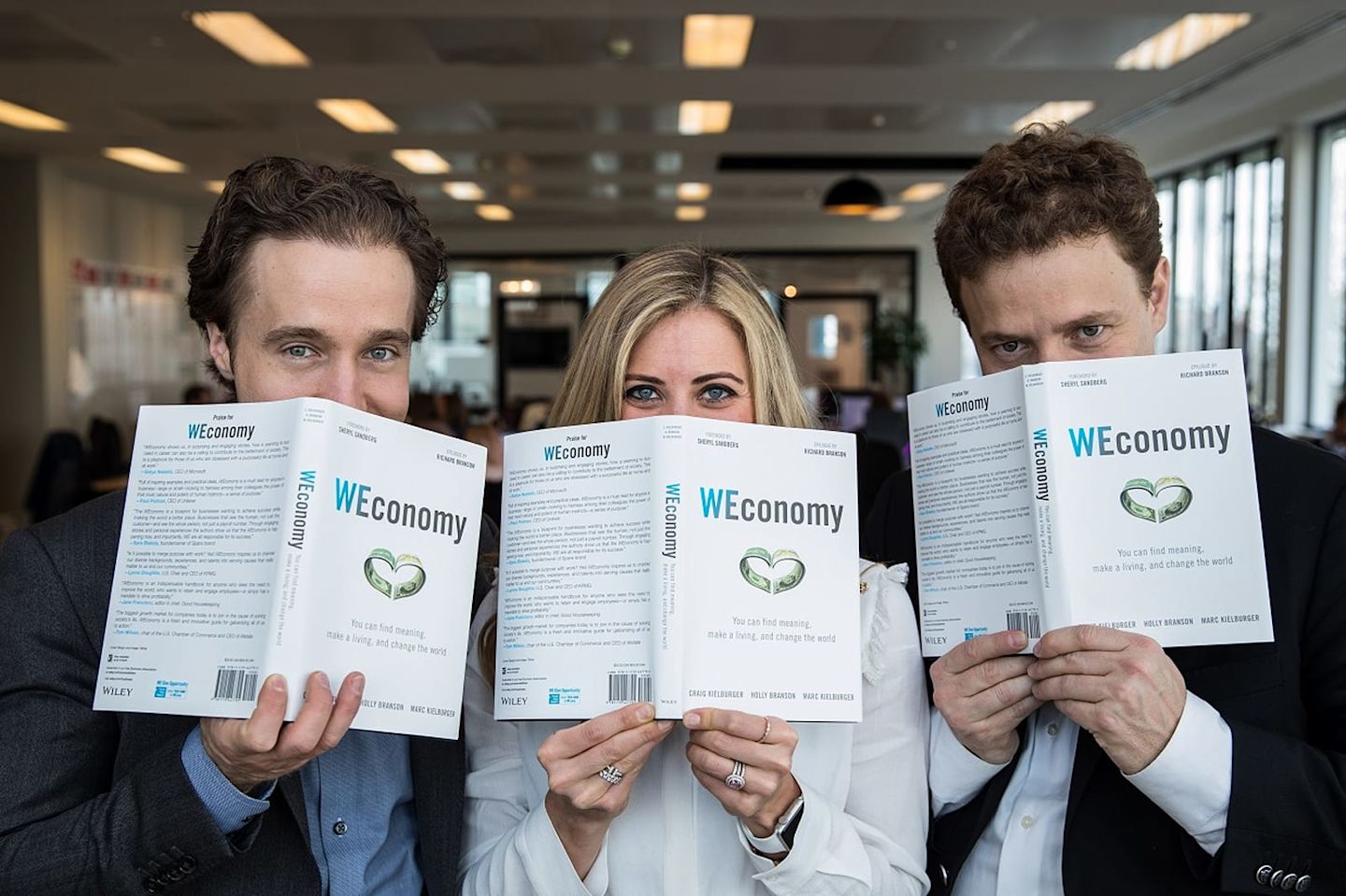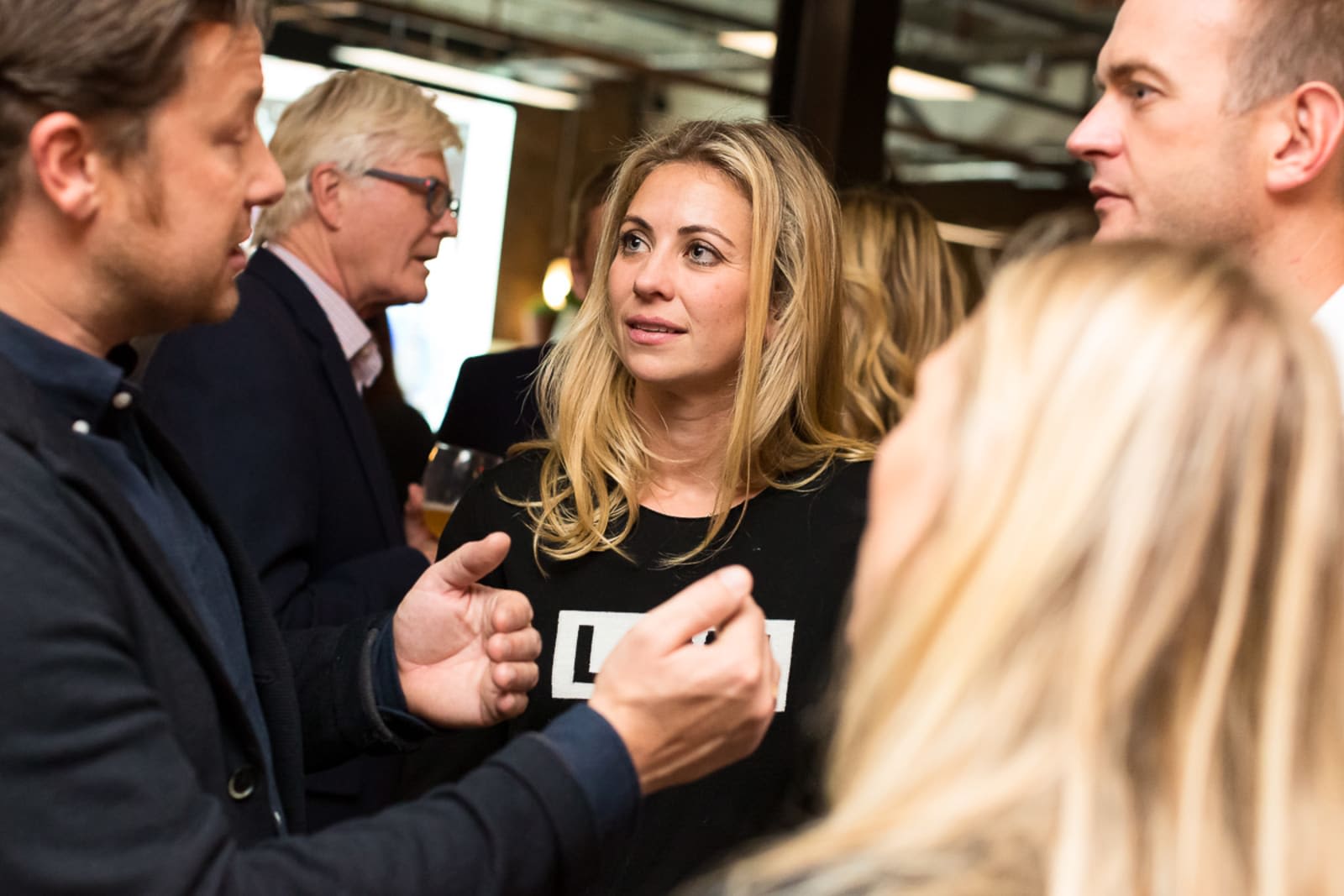An unlikely lunch in prison
It’s been two years since we introduced WEconomy to the world and I became a first-time author. Putting pen to paper about how businesses can balance profit with purpose was an incredible experience which is hardly surprising as it all began behind the walls of a prison!
Aptly, the first meeting I had with my close friends and co-authors, Marc and Craig Kielberger, took place at Britain’s first commercial prison restaurant – The Clink Restaurant inside HMP High Down. This brilliant business provides prisoners with qualified training in the food service industry so they can leave prison with the skills needed to start a new life and break the systemic cycle of crime. Their programmes have been a huge success - reducing reoffending rates within the prisons they operate by almost half. It’s also great to see that thanks to an effective social purpose led business model, around half of The Clink’s operating costs are offset by sales.
This unconventional lunch spot gave us plenty of food for thought about what a purpose-driven business book can look like. If a commercial restaurant can reduce reoffending rates, how else might businesses serve the greater good? What core strategies can best help a business solve entrenched social problems while also making a profit? How can businesses use creativity and innovation to create products and services that leave a positive global impact? These are just a few of the questions we explored when writing WEconomy.
The Clink also really inspired me because it shows that you don’t need to reinvent the wheel to amplify your social impact. If you focus on the resources you have, the skills or service you can offer and the issue that could most benefit from these resources and skills, you can make a big difference. This also helps you get creative with the smaller ways you can embed purpose and drive change. For example, all the leather upholstery in The Clink restaurants are made by prisoners, and poetry shared throughout the experience is written by former Clink trainees.
Fuelled by purpose, The Clink is perfect proof that you can build a successful business and drive social change at the same time. I’m so glad it played a role in the WEconomy journey and I can’t wait to see what’s next for the business and the people they’re providing second chances for.
Now I need to book in our next lunch, perhaps at The Clink's restaurant at HMP Brixton. I’ve heard the food and service is as amazing as ever!





